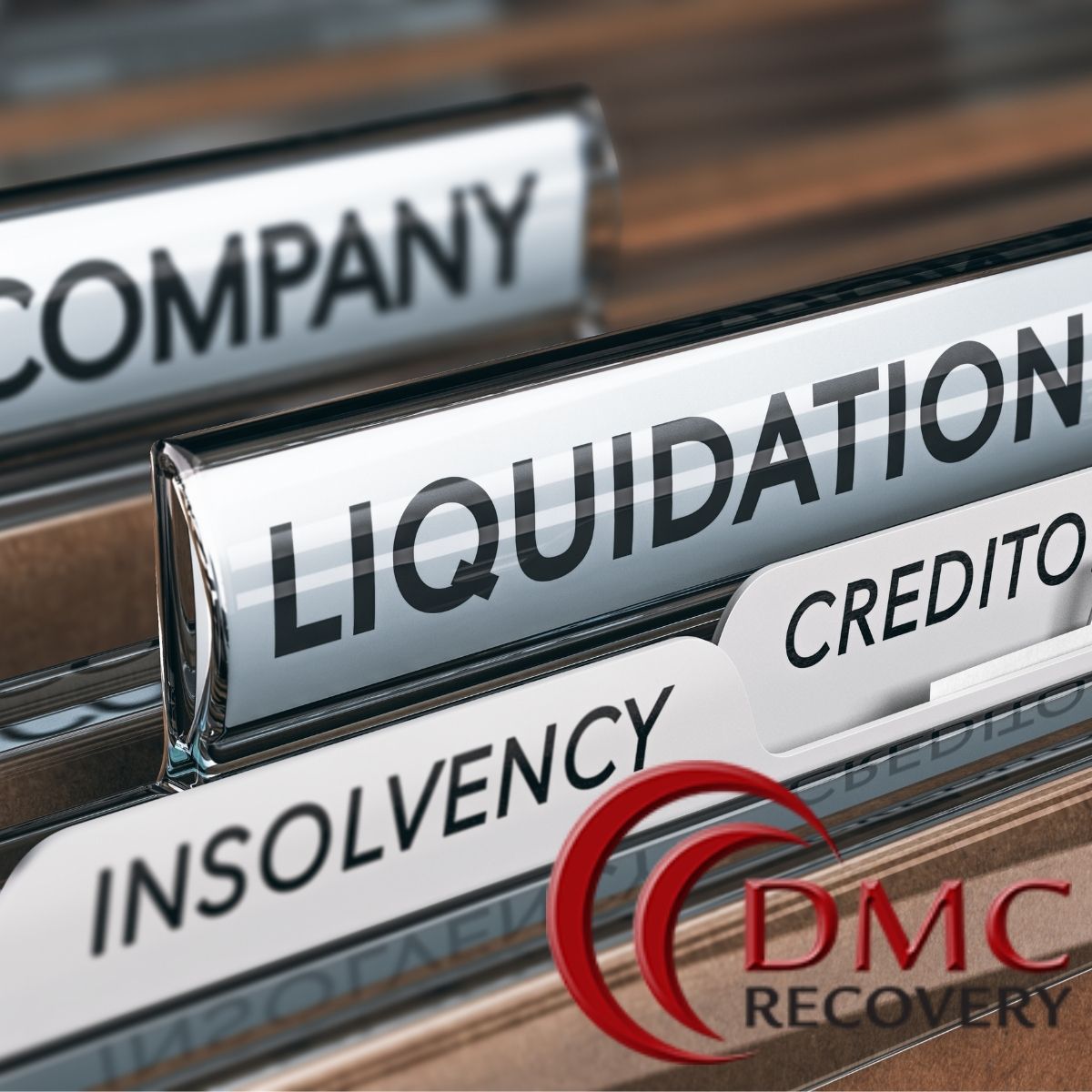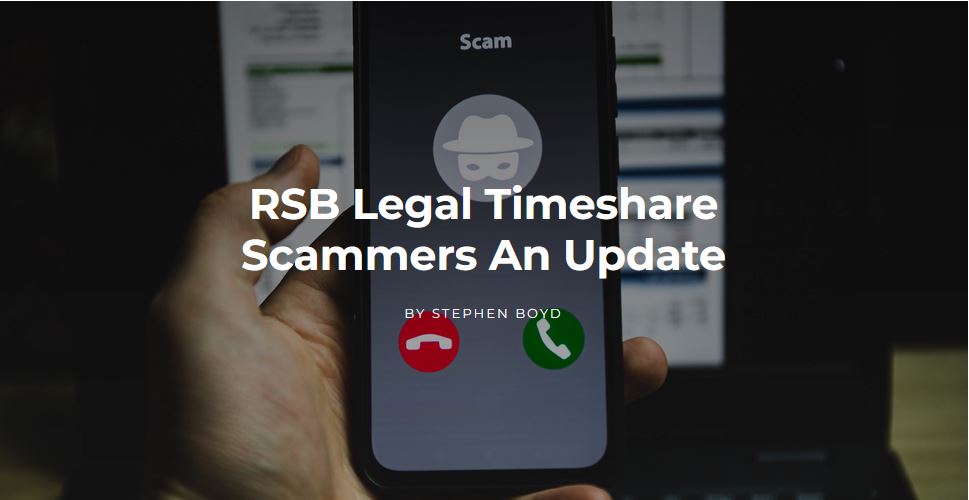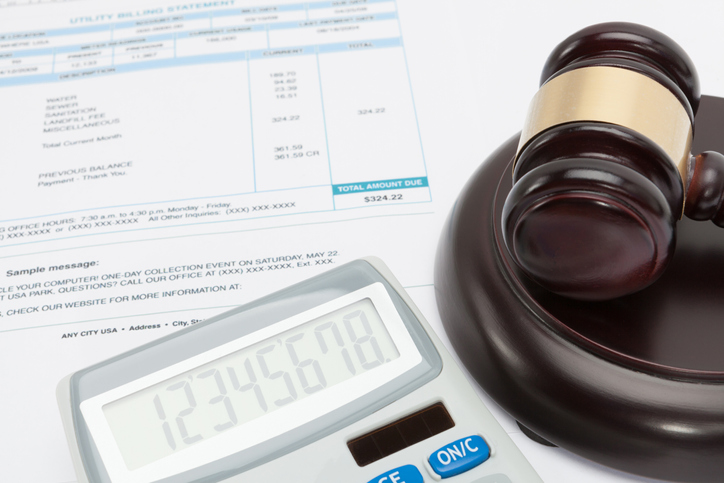5 Tests for financial difficulty
Overdue payments The client has received a Statutory Demand or County Court Judgement. HRMC is chasing for payment and there is no time to pay agreement or the time to pay agreement has been broken. Time is taken up “fire-fighting” creditors because they are not being paid in time Suppliers are requiring cash on delivery Wages day is a crisis day If each month there is a worry about whether there are funds to pay the wages and PAYE and/or pension contributions are falling behind. Directors cannot afford to pay themselves from the business. Balance sheet test Does the company [...]







